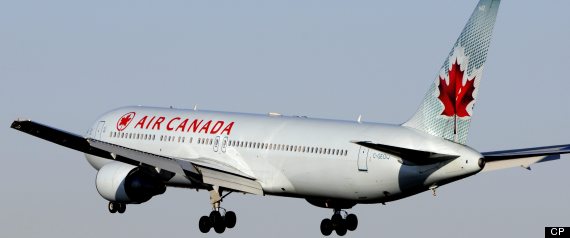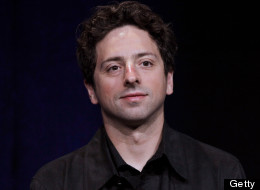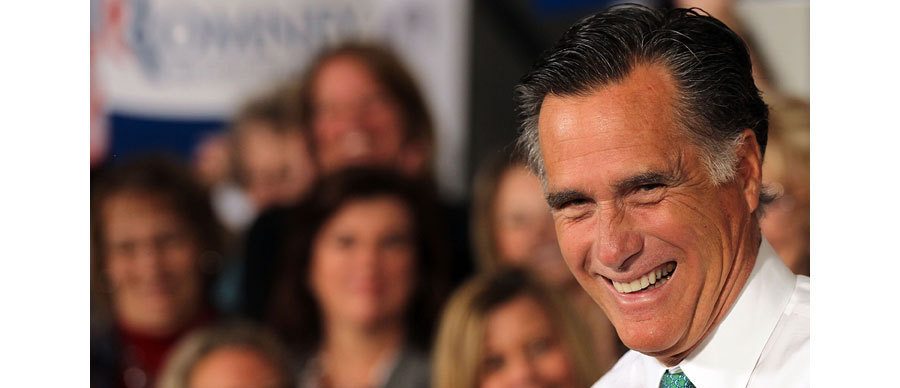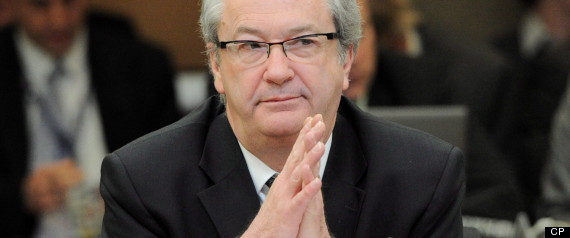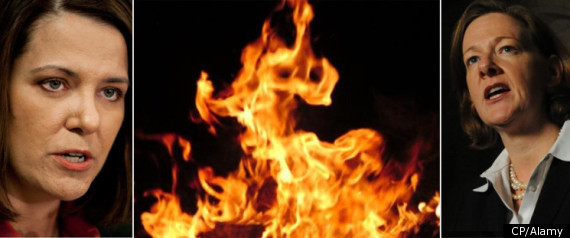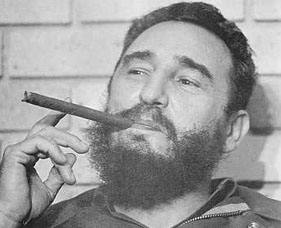It was lunchtime in Suva, Fiji, a slow day at the end of the tourist season in September of 2007, when four men appeared in the doorway of the Rever Beauty Salon, where Vinnie Tuivaga worked as a hair stylist. The men wore polished shoes and bright Hawaiian shirts, and they told Vinnie about a job that sounded, she recalls, like “the fruits of my submission to the Lord all these years.” How would she like to make five times her current salary at a luxury hotel in Dubai, a place known as the City of Gold? How would she like to have wealthy Arab customers, women who paid ridiculous fees for trendy cut-and-color jobs?
“I’ll talk it over with my husband,” she replied, coolly, but her pulse was racing. Vinnie, who was forty-five, had never worked abroad, but she often dreamed of it while hearing missionaries’ lectures at her local church. Nearly six feet tall and two hundred and thirty pounds, Vinnie moved with an arthritic gait. But she took care with her appearance. She wore shiny slacks, with a gold pageboy cap on her perfectly coiffed frosted black hair, and carried a bright-red faux-leather purse, stuffed with silver eyeshadow. She could see herself working in one of the great cosmopolitan capitals. The offer seemed like her big break, the chance to send her teen-age daughter to hospitality college and to pay her youngest son’s fees for secondary school.
“I’ll talk it over with my husband,” she replied, coolly, but her pulse was racing. Vinnie, who was forty-five, had never worked abroad, but she often dreamed of it while hearing missionaries’ lectures at her local church. Nearly six feet tall and two hundred and thirty pounds, Vinnie moved with an arthritic gait. But she took care with her appearance. She wore shiny slacks, with a gold pageboy cap on her perfectly coiffed frosted black hair, and carried a bright-red faux-leather purse, stuffed with silver eyeshadow. She could see herself working in one of the great cosmopolitan capitals. The offer seemed like her big break, the chance to send her teen-age daughter to hospitality college and to pay her youngest son’s fees for secondary school.








